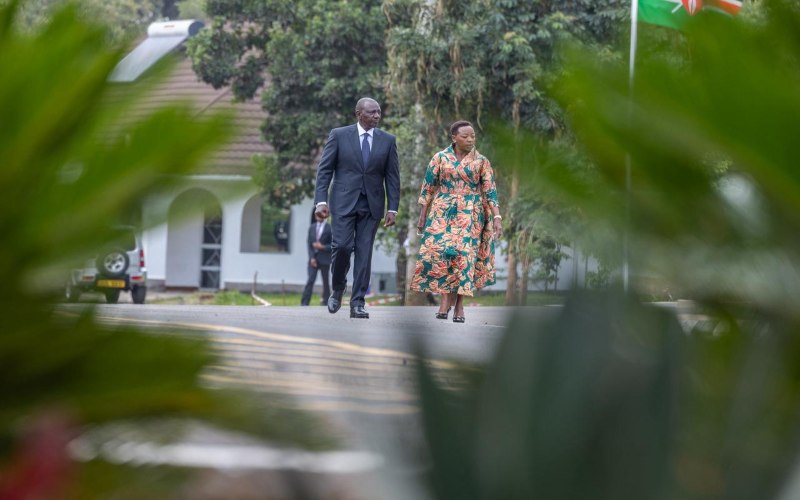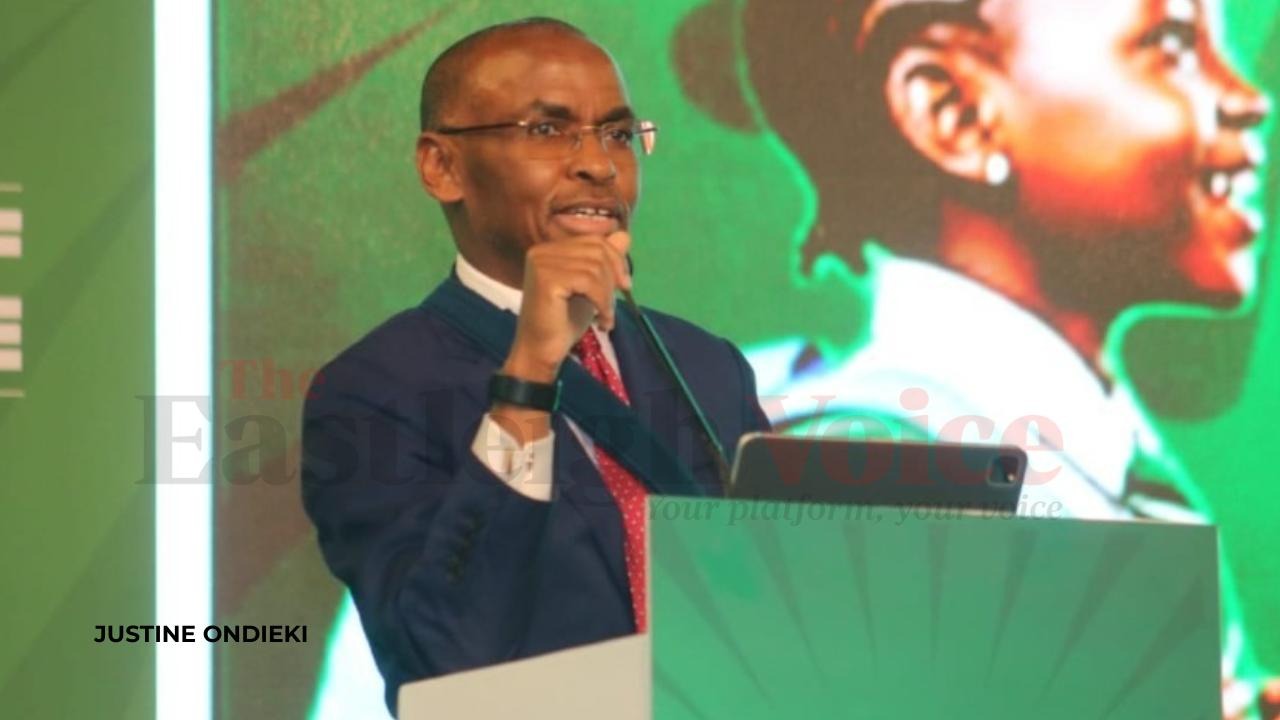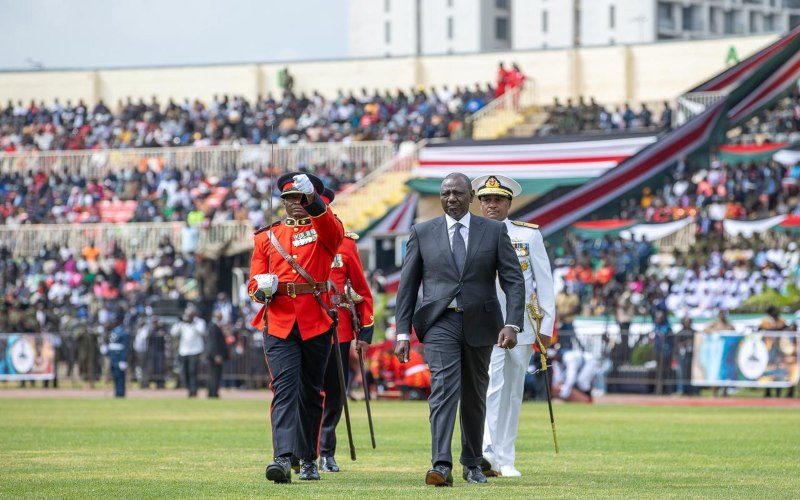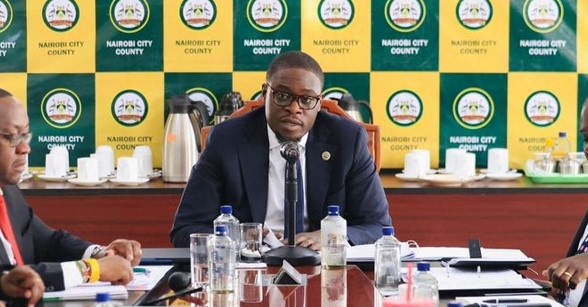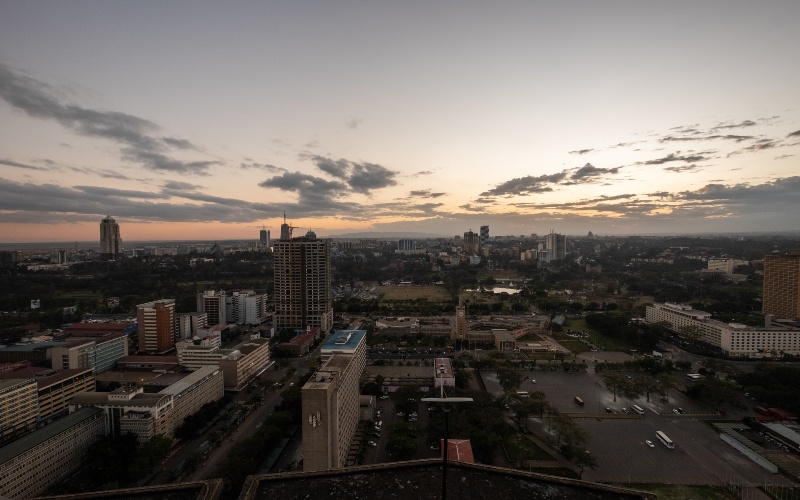World Bank approves Sh38.9 billion to boost Tanzania’s disaster preparedness

The initiative, comprising three key pillars, aims to strengthen Tanzania's economic resilience and enhance its technical, financial and institutional capacity to manage climate, fiscal, and disaster-related risks.
The World Bank has approved a $300 million (Sh38.9 billion) package to assist Tanzania in improving its disaster preparedness and response capabilities, benefitting approximately 1.9 million Tanzanians.
The package comprises a $100 million (Sh12.9 billion) Development Policy Financing (DPF) for budget support and $200 million (Sh25.9 billion) allocated through a Catastrophe Deferred Drawdown Option (Cat-DDO) from the International Development Association (IDA).
More To Read
- Tanzania police issue fresh warning against nationwide demonstrations
- Tanzania streets deserted as police and soldiers quash Independence Day protests
- World Bank warns political interference weakening Kenya’s state-owned enterprises
- Police arrest activists protesting at Tanzanian High Commission in Nairobi
- HRW urges Tanzania to release detained opposition ahead of independence day
- WHO calls for urgent action to achieve universal health coverage by 2030
The initiative, comprising three key pillars, aims to strengthen Tanzania's economic resilience and enhance its technical, financial and institutional capacity to manage climate, fiscal, and disaster-related risks.
The first pillar focuses on strengthening institutional and financial capacity for disaster preparedness and response by improving health and disaster management systems, establishing flood early warning systems in vulnerable basins and increasing allocations to the Contingency Fund.
The second pillar emphasises mainstreaming disaster risk management across key sectors by embedding resilience in infrastructure planning, promoting risk-informed urban development and enhancing the robustness of Zanzibar's water and energy systems.
The third pillar seeks to boost economic resilience and lay the groundwork for Tanzania's participation in global carbon markets by strengthening relevant institutions, financial systems, and regulatory frameworks to unlock access to international climate finance.
According to the global lender, Tanzania's growing population and economy have increased its vulnerability to disasters, with recent events like Cyclones Kenneth, Jobo, and Hidaya causing significant loss of life and damage to property.
As such, strengthening the country's economic resilience and investing in disaster-resilient infrastructure are therefore seen as urgent priorities by the World Bank.
"Tanzania is making steady progress to handle climate-related disasters but needs to double down on its resilience agenda through multi-sectoral coordinated policy reforms to ensure long-term sustainability," said Nathan Belete, World Bank Division Director.
"The new financing will help support the implementation of the climate and disaster risk management policy framework, including strengthening coordination and deepening capacities of the institutions responsible for implementing disaster management interventions."
In order to ensure the sustainability of these investments, the Tanzanian government aims to strengthen economic resilience through fiscal and debt sustainability by improving institutional, financial, and regulatory frameworks and increasing fiscal transparency, among other reforms.
"The economic costs from direct damage to infrastructure, loss of property, and the interruption of economic activities caused by climate-related disasters are immense, requiring immediate intervention," said Yohannes Kesete, World Bank Senior Disaster Risk Management Specialist and Task Team Leader.
"The project will provide a robust policy framework and critical contingent financing to the country to help the government respond to emergencies quickly and effectively."
Top Stories Today


